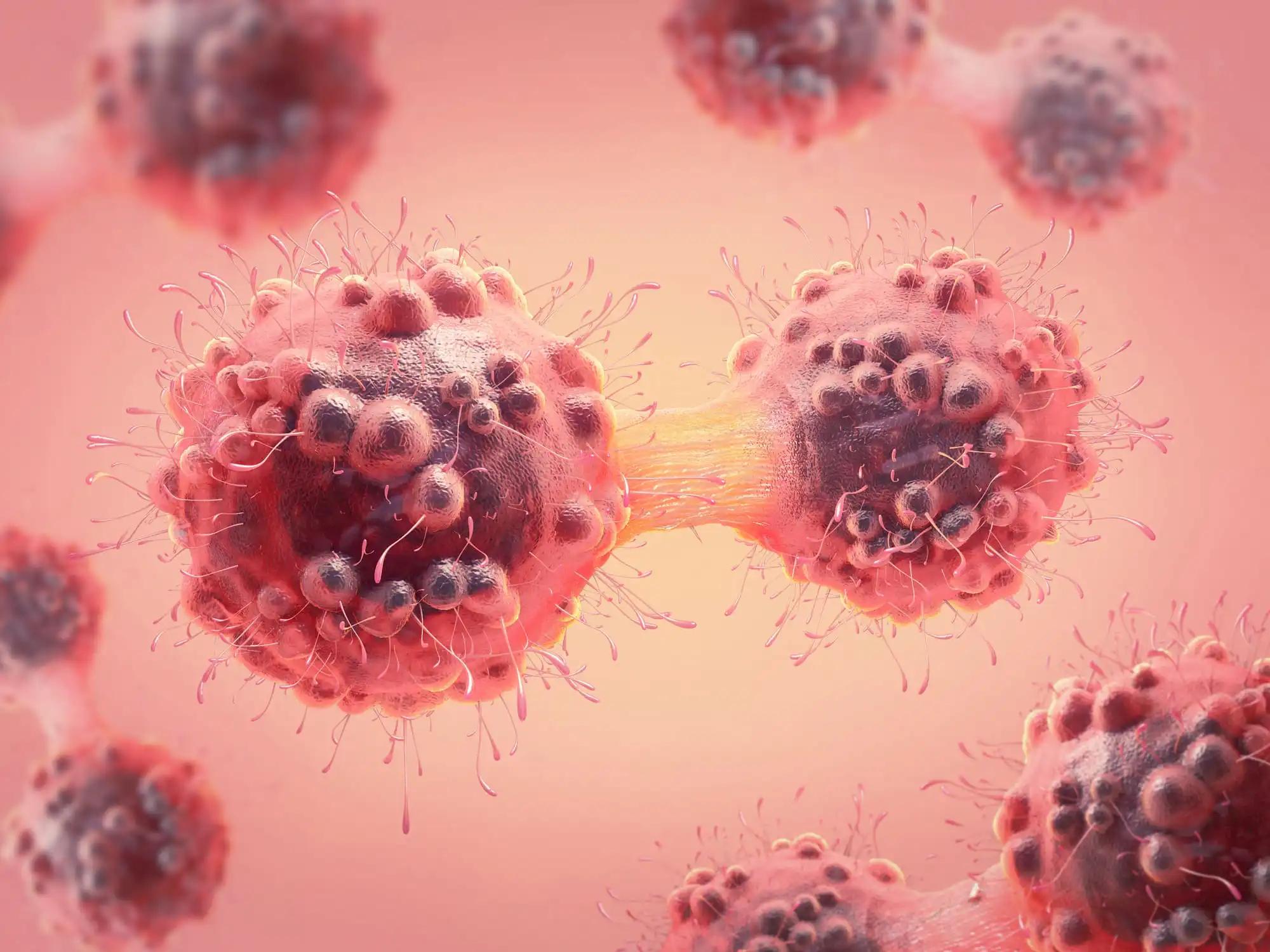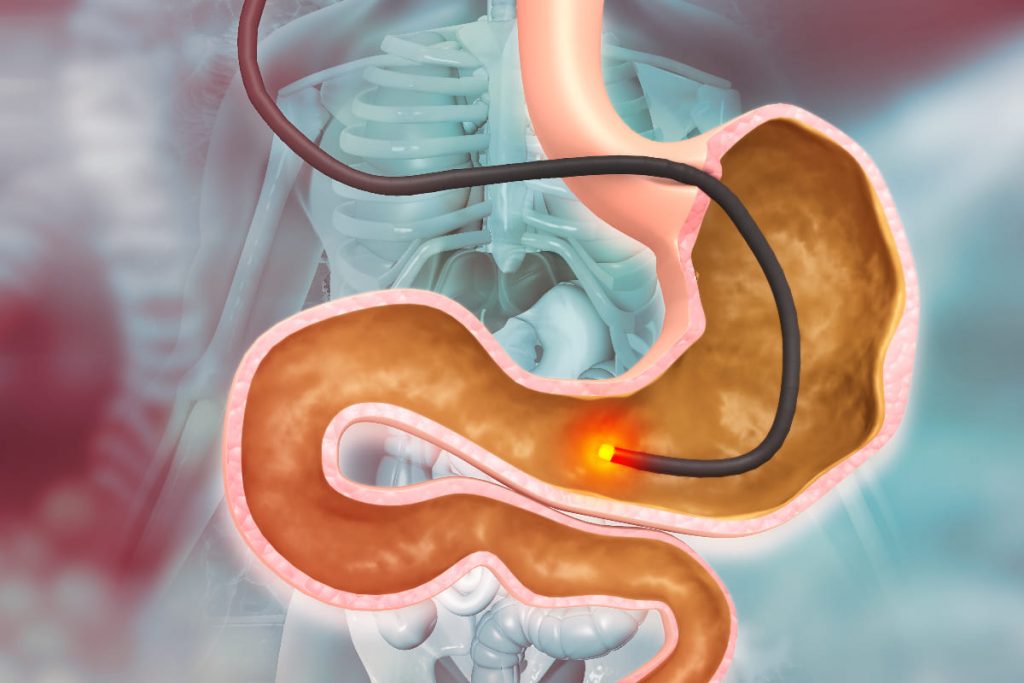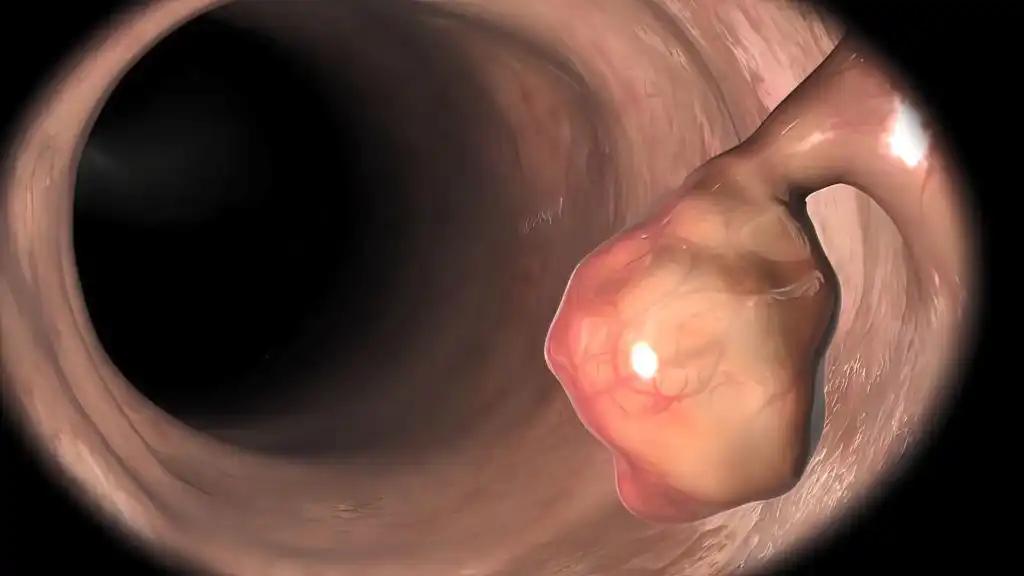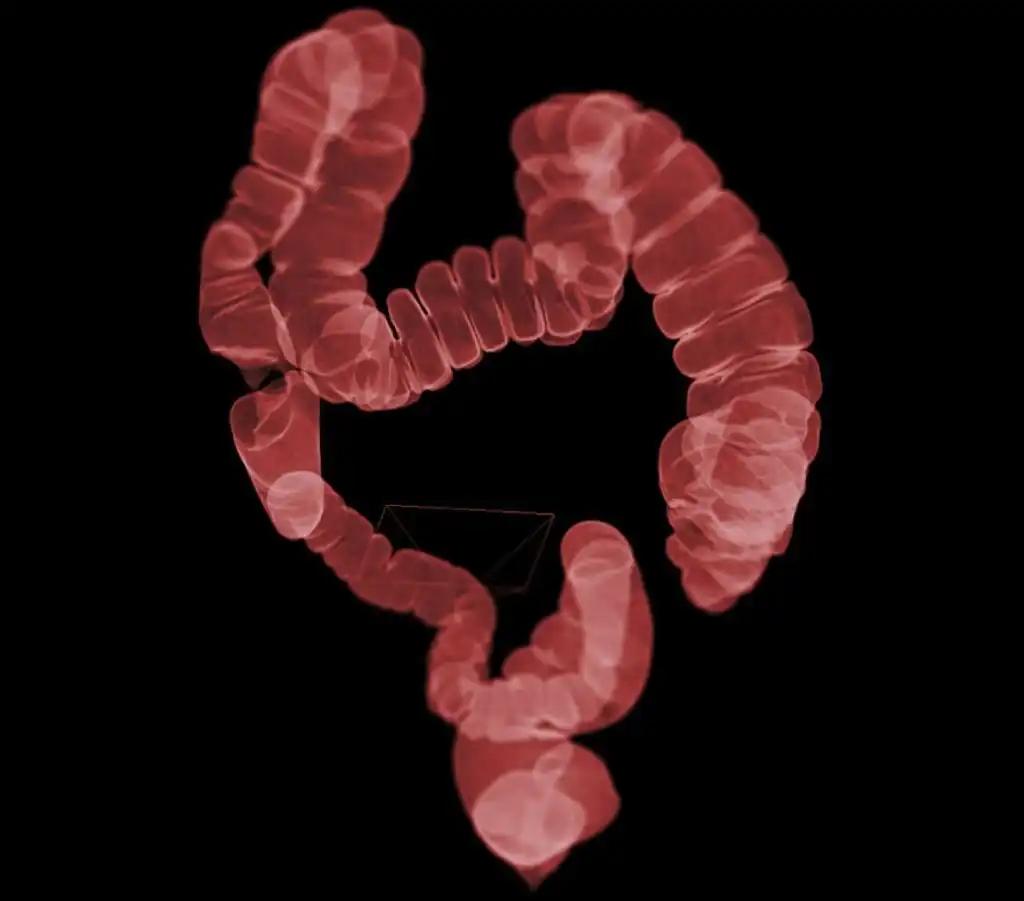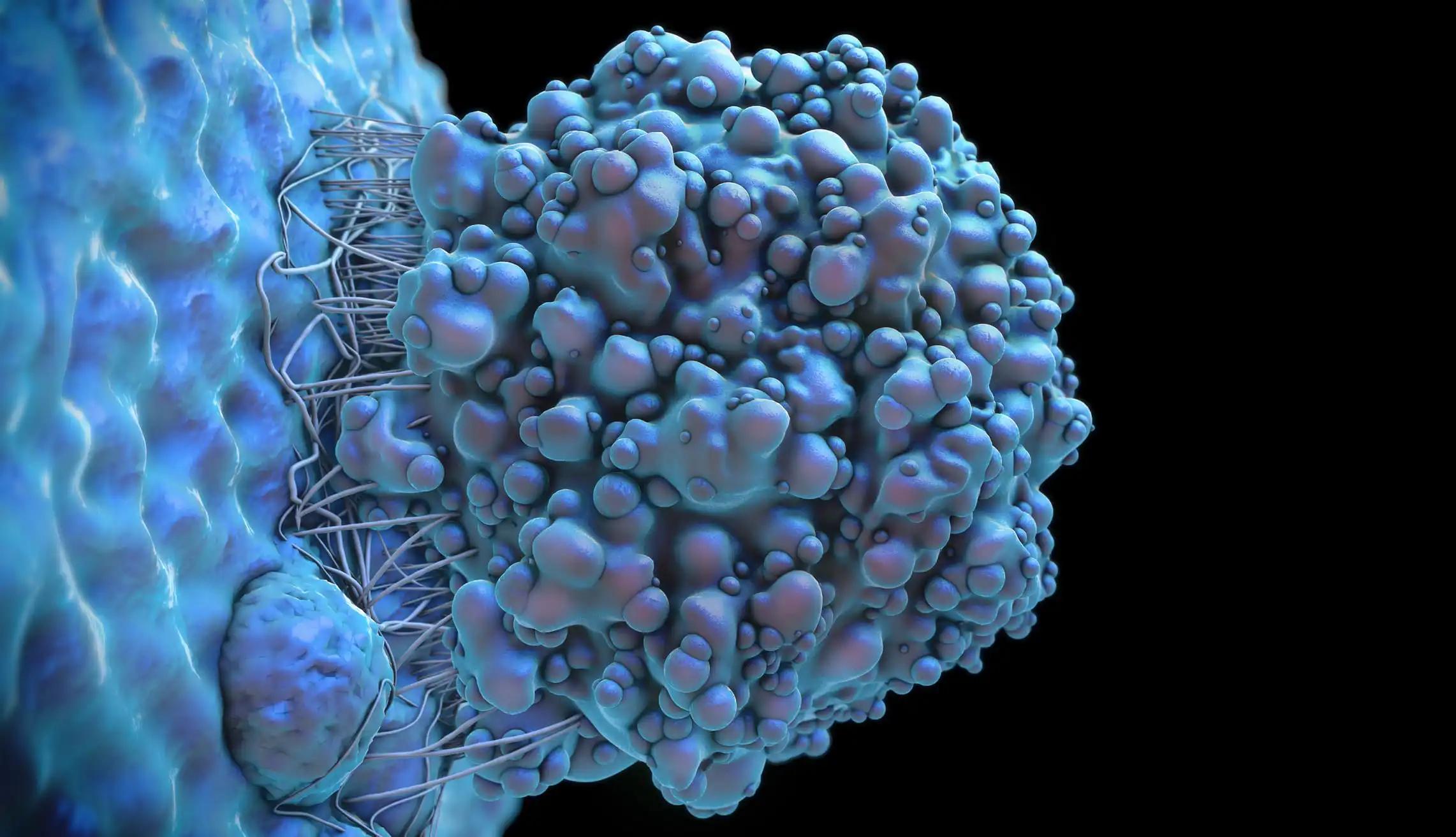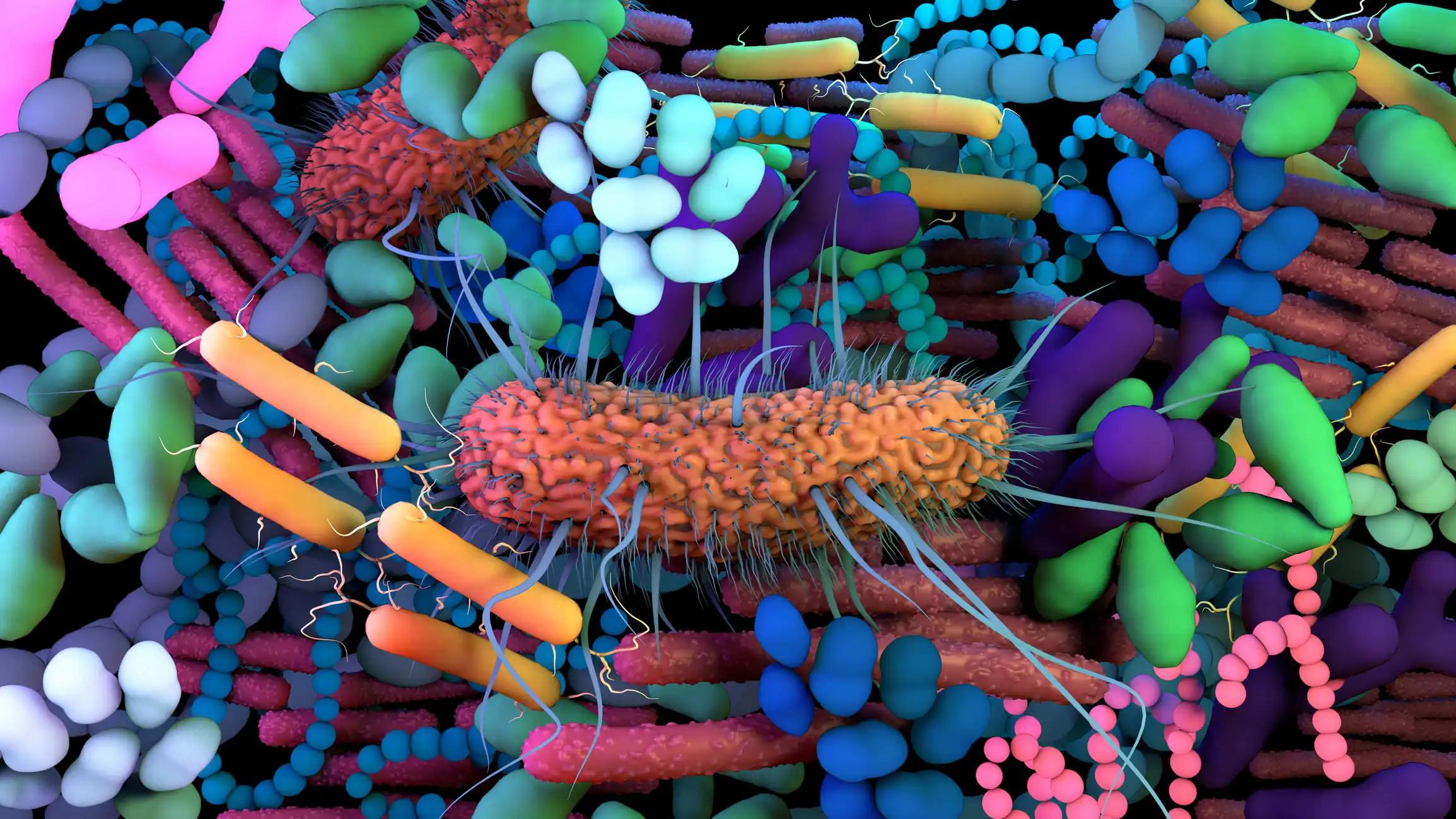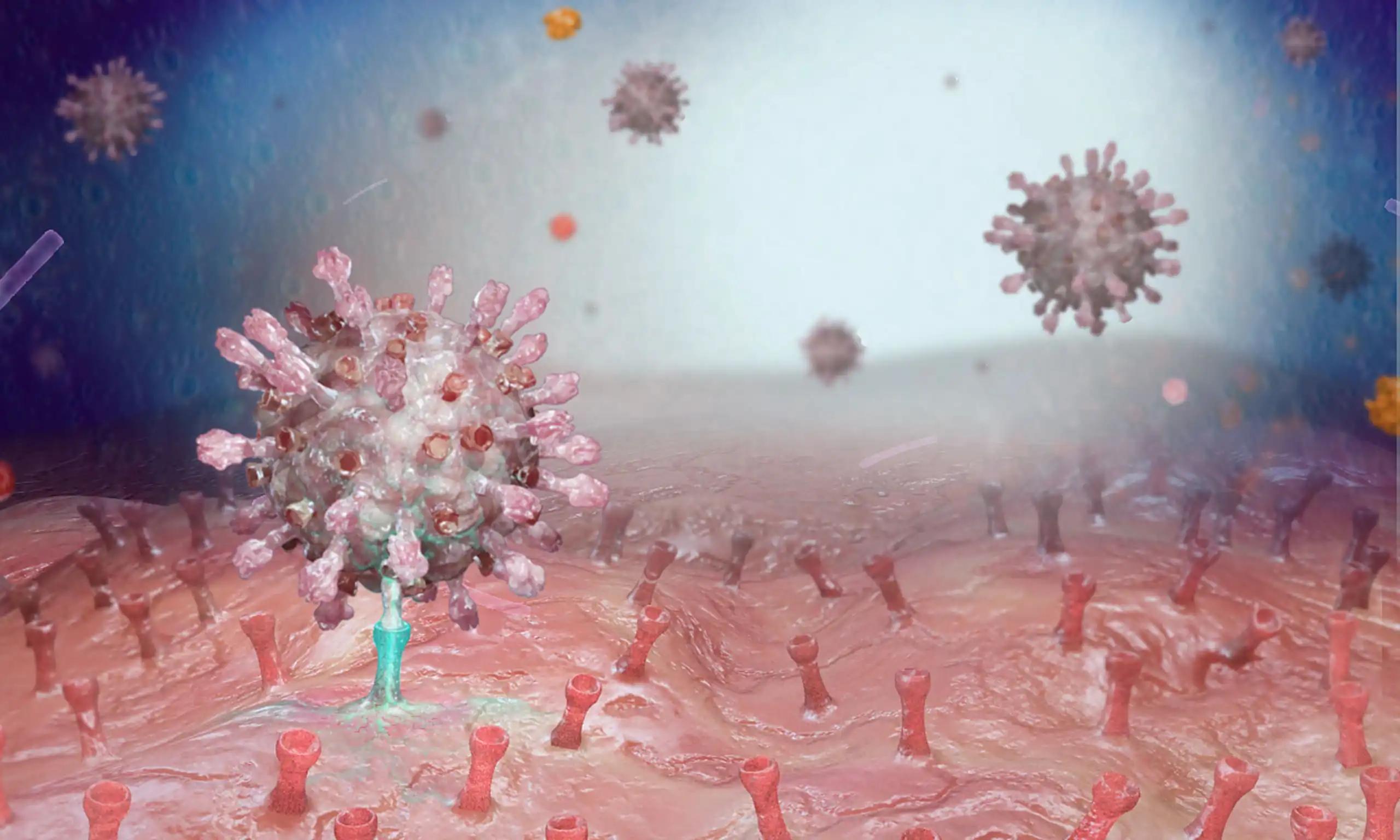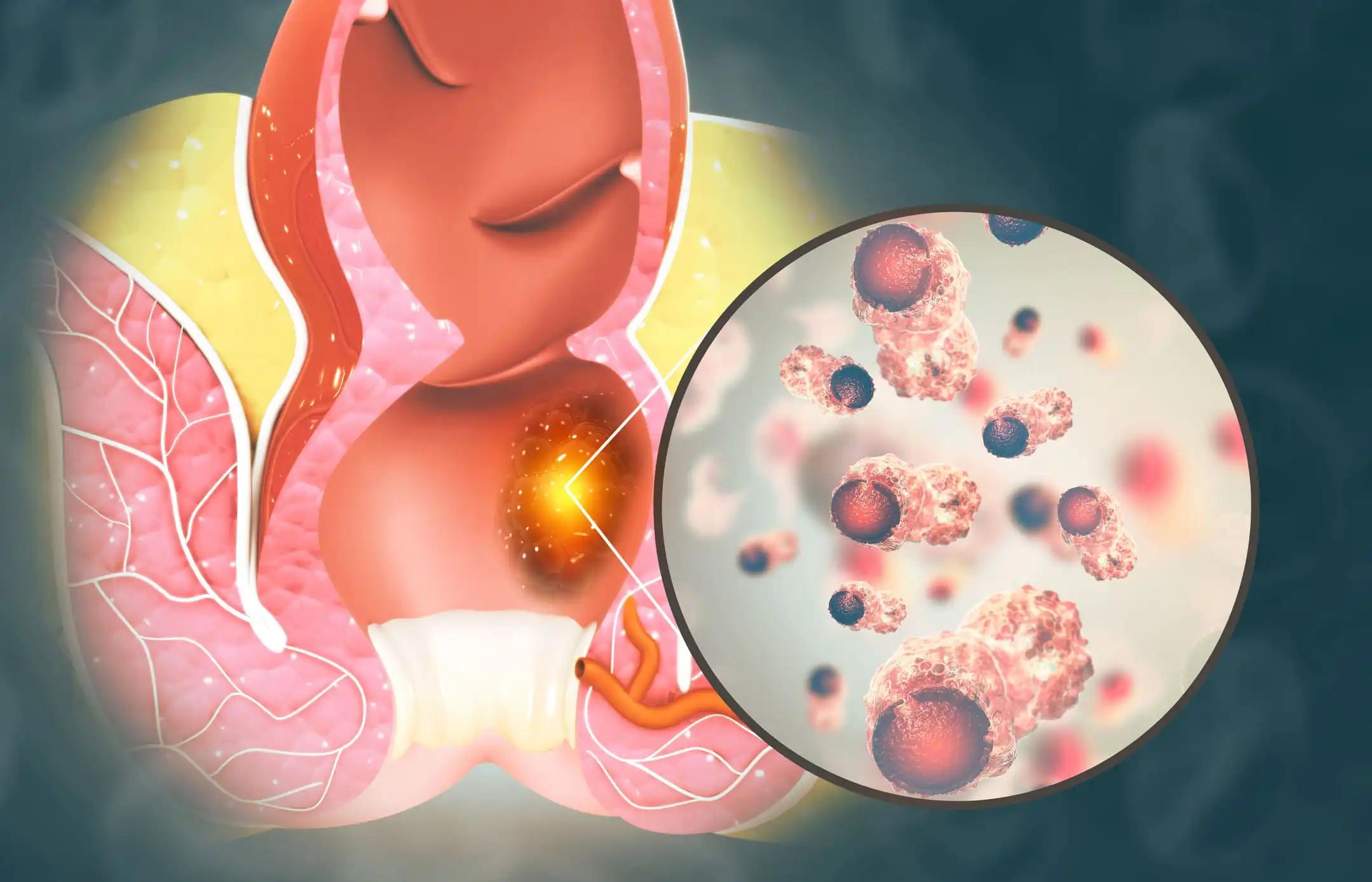Gastrointestinal Cancer
Relevant Articles About Research and Clinical Trials in Gastrointestinal Cancer
Stories to Watch
OncWeekly Featured Trials
Pembrolizumab With Ataluren in Patients With Metastatic pMMR and dMMR Colorectal Carcinoma or Metastatic dMMR Endometrial Carcinoma: the ATAPEMBRO Study
Pembrolizumab With Ataluren in Patients With Metastatic pMMR and dMMR Colorectal Carcinoma or Metastatic dMMR Endometrial Carcinoma: the ATAPEMBRO Study
A Study of Selpercatinib (LOXO-292) in Participants With Advanced Solid Tumors, RET Fusion-Positive Solid Tumors, and Medullary Thyroid Cancer (LIBRETTO-001)
LATEST
Sign up for our emails
Trusted insights straight to your inbox and get the latest updates from OncWeekly
Newsletter
Positive Outcomes: Intraoperative PDT Enhances Cancer Treatment
KEY TAKEAWAYS The INDYGO trial aimed to provide patients with updated exploratory analyses on OS, PFS, and HRQOL. The study concluded that intraoperative PDT alongside surgical excision and standard adjuvant therapy improved outcomes. Despite optimal multimodal...
Efficacy and Safety Of NAIT in GEJC
KEY TAKEAWAYS The study aimed to investigate the efficacy and safety of NAIT in patients with GEJC. Researchers noticed the efficacy of NAIT in resectable GEJC alongside an acceptable toxicity profile; further investigation is ongoing. In recent years, neoadjuvant...
Overlapping Ages: Pregnancy & Breast Cancer Awareness
KEY TAKEAWAYS The study aimed to compare populations with differing childbirth ages to assess breast cancer and childbearing age overlap. The study emphasized increased awareness for women to make informed choices about delayed childbearing and cancer prevention....
Efficacy of IFITM3 & CEACAM6 in PDAC Treatment
The phase 2 trial aimed to investigate the mechanisms of resistance to P infection mediated through CEACAM6 and IFITM3 in pancreatic ductal adenocarcinoma …
Efficacy of FOLFIRINOX + HIFU in LAPC/BRPC
The phase 2 trial aimed to investigate the safety and efficacy of combining FOLFIRINOX with HIFU in patients with LAPC/BRPC. Researchers noticed a …
Anlotinib & TQB2450 in ESCC: Safe & Effective
The ALTER-E005 phase 2 trial aimed to investigate the efficacy and safety of combining anlotinib with TQB2450 as adjuvant therapy in postoperative resectable …
SELECT ONCOLOGY JOURNAL ARTICLES
Comprehensive profiling of cancer neoantigens from aberrant RNA splicing
Background Cancer neoantigens arise from protein-altering somatic mutations in tumor and rank among the most promising next-generation immuno-oncology agents when used in combination with immune checkpoint inhibitors. We previously developed a computational framework, REAL-neo, for identification, …
Development and interpretation of a pathomics-driven ensemble model for predicting the response to immunotherapy in gastric cancer
Background Only a subset of patients with gastric cancer experience long-term benefits from immune checkpoint inhibitors (ICIs). Currently, there is a deficiency in precise predictive biomarkers for ICI efficacy. The aim of this study was to …
Safety and biological outcomes following a phase 1 trial of GD2-specific CAR-T cells in patients with GD2-positive metastatic melanoma and other solid cancers
Background Chimeric antigen receptor (CAR) T cell therapies specific for the CD19 and B-cell maturation antigen have become an approved standard of care worldwide for relapsed and refractory B-cell malignancies. If CAR-T cell therapy for non-hematological …
Colorectal cancer-specific IFN{beta} delivery overcomes dysfunctional dsRNA-mediated type I interferon signaling to increase the abscopal effect of radiotherapy
Background Cancer-intrinsic type I interferon (IFN-I) production triggered by radiotherapy (RT) is mainly dependent on cytosolic double-stranded DNA (dsDNA)-mediated cGAS/STING signaling and increases cancer immunogenicity and enhances the antitumor immune response to increase therapeutic efficacy. However, …



